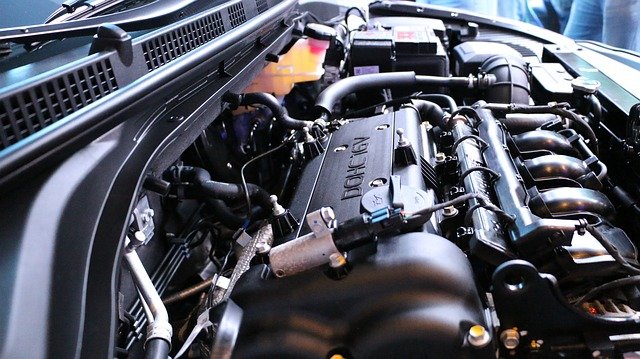The top U.S. watchdog for households, the Consumer Finance Protection Bureau, issued a warning shot on Monday to lenders and loan servicers who may be tempted to illegally repossess cars as used vehicle prices soar.
The CFBP said an extremely hot market for used cars, due in part to supply-chain bottlenecks during the pandemic, better not lead to illegal auto repossession practices in the near $1.5 trillion auto loan market.
“With today’s high car prices, auto lenders and investors might be tempted to seize vehicles for resale in the hot used car market,” said CFPB Director Rohit Chopra, in a statement.
“No American ever wants to wake up to see their car stolen. Auto loan servicers need to ensure that every repossession is lawful.”
Used car and truck prices increased 40.5% in January from a year ago, according to government data, while helping drive consumer prices up 7.5% on a yearly basis to a 40-year high.
The consumer protection bureau said its examinations and investigations already revealed “examples of conduct” that may violate federal consumer financial law, including fees that pushed some consumers into default and repossession, as well as other unfair, deceptive or abusive practices.
It also said some loan servicers applied partial payments to late fees, first, instead of the order of allocation described on their websites, resulting in borrowers “deemed more delinquent than they would have been.”
The CFPB didn’t immediately respond when ask for specific companies it has fined for these practices.
Read (October 2020) earlier MarketWatch coverage on car repossessions: Frontline workers in eye of pandemic storm for months, now fending off repo man
Consumers in focus
In the earlier part of the pandemic, Congress unleased direct payments to most households that led to a temporary surge in household savings.
The cash infusions also provided an unanticipated boost to the roaring subprime auto loan market, temporarily offsetting high interest rates and aggressive loans that can make many borrowers with spotty credit more prone to defaults and repossessions.
See: It is the ‘golden age’ of U.S. consumer credit, says this Voya portfolio manager
In recent months, however, the personal savings rate as a portion of disposable household income has slumped to about 6.4% in January from as high 33.8% in April 2020, putting it near the lows of the past decade, according to Federal Reserve data.
“The CFPB’s bulletin is an acknowledgment of the increased importance of vehicles to U.S. households since the start of the pandemic in terms of managing their health, safety and transportation for employment,” said Joseph Cioffi, chair of the insolvency and finance practice at law firm Davis + Gilbert, in New York.
“It’s also an indication the CFPB sees higher risk of defaults ahead and the potential for high collateral values and resulting recoveries to influence a servicer’s dealing with borrowers, requiring enhanced protection.”
Cioffi also told MarketWatch that servicers aren’t in the dark, saying that “problematic servicing conduct” has been identified, and that there is precedent from suits and investigations in other markets, including mortgage servicing, that should help those handling loan payments to “remedy behavior and respond to any legal or government action.”
Like mortgages, many car loans, including riskier ones to subprime borrowers, end up bundled up and sold by Wall Street as bonds to investors.
Under the Biden administration, the CFPB also has ramped up its oversight of mortgage foreclosures during the pandemic. The agency didn’t immediately say if this notice puts auto lenders and servicers under the same level of scrutiny as the mortgage industry.
See: CFPB moves to avert a wave of foreclosures
Even before Russia attacked Ukraine, sending shocks through markets
SPX,
-0.24%
and Brent oil prices above $100 a barrel, U.S. households were bracing for tighter credit conditions as the Federal Reserve looks to cool high inflation.
Fed officials have signaled they could raise policy rates for the first time since 2018 potentially as early as mid March, which would mean higher rates on interest cards and other forms of consumer debt.
Rates on 30-year mortgages already were already approaching 4%, pinching affordability, even before the central bank starts to shrink its near $9 trillion balance sheet, consisting mostly of holdings of Treasurys
TMUBMUSD10Y,
1.824%
and agency mortgage-backed securities.
Check out: Watch out for the ‘angry U.S. consumer’ as Russian invasion of Ukraine threatens America’s fight against inflation

